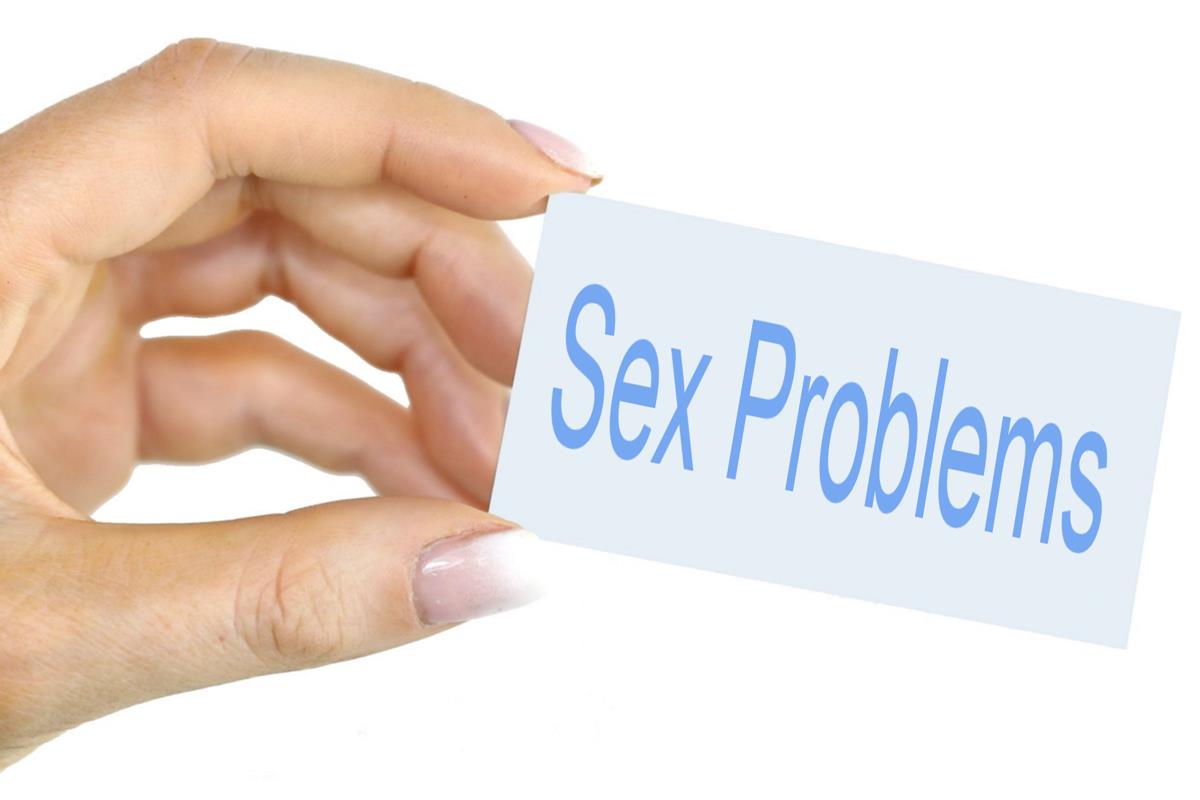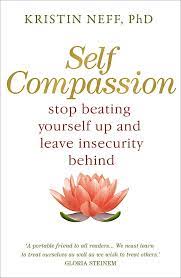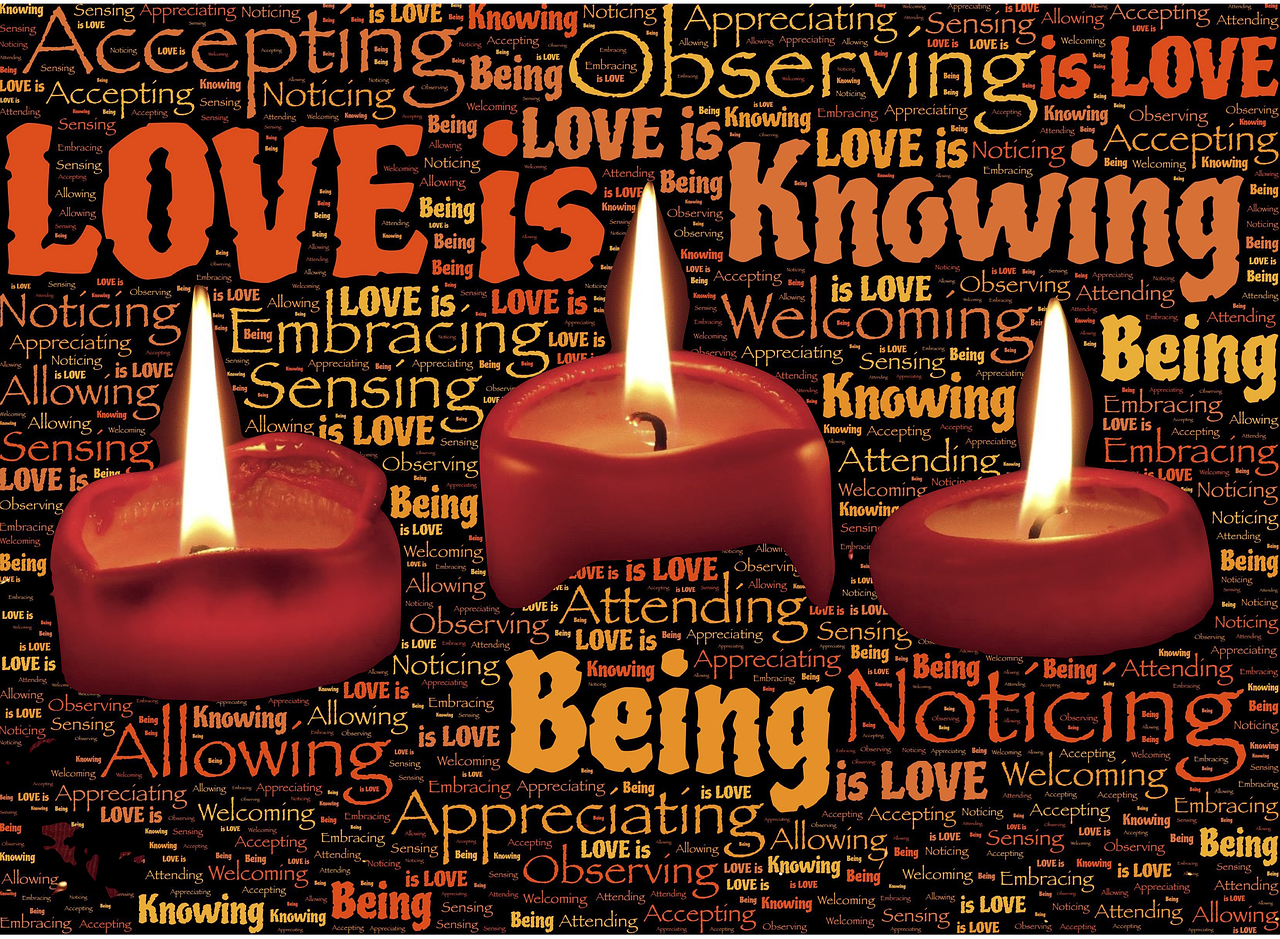
The power of shame
11 July 2022
“Shame derives its power from being unspeakable.”
- Brené Brown
Shame is one of the most difficult emotions to deal with and it’s one that we’re often not fully aware of even when we’re feeling it.
Clients who come to therapy often find that there is shame somewhere in the mix, when it comes to dealing with unhealthy behaviours they want to address.

How to challenge destructive or self-destructive behaviour
5 March 2022
How do we react when someone close to us is behaving in a destructive or self-destructive way? The temptation may be to not say anything because we are frightened of upsetting or making them angry. But then the behaviour continues and we may feel our resentment grow or look for ways out of the relationship.
A good approach in these situations is the SET technique, described in the book I Hate You - please don’t leave me*. This approach was developed for people seeking to challenge destructive behaviour by people with borderline personality disorder, such as suicide threats, verbal or physical abuse or substance abuse.
Read more: How to challenge destructive or self-destructive behaviour

Tackling the problems of a low-sex relationship
28 September 2021
Sex often emerges as an issue in couple therapy, even if it’s not the primary issue the couple has come with. In many instances a couple’s sex life has reduced dramatically or has become unsatisfying.
When sex is going well it adds an important benefit to a relationship - fostering closeness and trust. But when sex is going badly, or not at all, it takes a heavy toll. The more problems surrounding sex, the more the couple tends to avoid even trying and over time the problem can become chronic.
Inhibited sexual desire (ISD) is the most common form of sexual problem, with one in three women and one in seven men reporting a lack of desire. The second most common problem is differences in sexual desire within the couple.

Self-compassion
23.7.21
Ten or twenty years ago one of the main buzz phrases in psychology and self-help was ‘raising self-esteem’. That’s still an important topic for many people, but a different take on this subject is the idea of ‘self-compassion’.
Psychologist Kathryn Neff explores this topic in her book Self Compassion*. This is a great guide to how we can become more loving towards ourselves.
I know that for some people that may sound rather airy fairy or self-indulgent. But in my experience when we can truly love and accept ourselves our relationships with others also benefit - we become happier and more loving partners/children/parents/work colleagues/friends.

Can we allow ourselves to receive love?
12 July 2021
"It is often hard to let ourselves receive love, even when it's available."
John Welwood
I believe that all of us are, ultimately, seeking love. But it is surprising how hard it is for many of us to feel loved even when it is being offered.
We complain, to others or ourselves, that we are making the effort with our partners and not getting love back. Or we feel unappreciated or unacknowledged by friends or family members.
Can we allow ourselves to receive love?
12 July 2021
"It is often hard to let ourselves receive love, even when it's available."
John Welwood
I believe that all of us are, ultimately, seeking love. But it is surprising how hard it is for many of us to feel loved even when it is being offered.
We complain, to others or ourselves, that we are making the effort with our partners and not getting love back. Or we feel unappreciated or unacknowledged by friends or family members.
I think that much of our difficulty with allowing in love are down to our trouble with loving ourselves. When we don’t genuinely love or accept ourselves it’s hard for us to believe someone else might love or accept us.
We can see that in how we react to being given a compliment. Often we may bat a compliment away, feeling a bit embarrassed. Part of this may be cultural - we don’t want to appear as boastful. But often part of it is a defence against allowing ourselves to feel valued.
I think that the deeper fear in these situations is that when we allow in a compliment we are making ourselves slightly vulnerable because we are allowing someone else to affect us emotionally.
It can feel ‘safer’ to play down the compliment and perhaps make a joke about it.
Discomfort
This discomfort with receiving love or positive attention can make itself felt even in our close relationships. We may tell our partner that we want to feel loved but then we put obstacles in the way.
Much of this difficulty in receiving love is unconscious and may be based on early emotional wounding we experienced in our families.
Part of the problem is that we can expect so much from other people, particularly partners. When they don’t live up to our expectations of how we want to be loved, or given attention, we can judge them.
For those of us who carry early wounds around feeling (or not feeling) truly loved and accepted, to allow in love or care from someone can unconsciously bring up the feeling of those early wounds.
Thus we prefer to push that love away, not allow ourselves to see it or tell ourselves the love is not being given to us in exactly the way we want it.
We then feel lonely, isolated, sad, resentful.
But if we can broaden our expectation of what love is and accept that we are probably never going to receive, what psychologist John Welwood calls, ‘perfect love’ we then have the chance to experience love.
By broadening our expectations I’m thinking of the small, everyday interactions in which someone does something for us, smiles at us, shows us some warmth. We may not regard that as ‘love’ but it is a kind of care that we can enjoy and recognise.
We can also look at how we allow, or don’t allow, an internal love to be present. This is a love beyond that of a lover or friend, more akin to divine or transpersonal love. Meditation or prayer can help us access that internal warmth which makes itself felt as a kind of presence.
This is different to a technique of telling ourselves we are lovable, using affirmations etc, which some self-help books recommend. It is more about learning to be with ourselves in a loving, compassionate way, in make space for painful feelings without judging them. It is about opening ourselves, in silent reflection, to our deeper self that is beyond our ego.
Image Creative Commons license at pixabay, https://tinyurl.com/jy7ana8s

Therapy is not about ‘fixing’ but about enquiring into our pain
7 June 2021
“One of the most important moves in psychotherapy is to take whatever is presented and simply hold it and give it a place.”
Thomas Moore
The quote above, from psychotherapist Thomas Moore, points at an important element of ‘soulful’ psychotherapy. This is that it adopts an attitude of exploration and enquiry rather than problem fixing.
Read more: Therapy is not about ‘fixing’ but about enquiring into our pain

When the ‘rescuer’ in the drama triangle gets fed up, there are problems ahead
25 May 2021
There is a model of relationships called the ‘drama triangle’, in which individuals move between the role of rescuer, persecutor or victim. In many relationships partners gravitate towards one of these roles - typically rescuer or victim.
By rescuer I mean someone who take a lot of responsibility for their partner, who gives them advice and who often adopts a slightly superior position.
Read more: When the ‘rescuer’ in the drama triangle gets fed up, there are problems ahead
- Letting go of how things 'should' be
- Getting over an affair or betrayal
- Are you ready to be 'radically honest'?
- The false self
- Living with the long-term effects of cancer
- The importance of the 'wild man' archetype
- We won’t find the ‘right’ partner but we may find the good-enough partner
- Our need for validation
- Understanding our emotions
- Therapy can make you less nice


